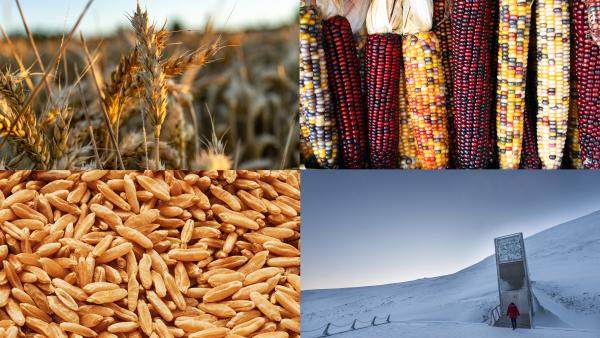Squirrels and pigeons share our sidewalks and park benches. Crows pick through our trash, rabbits munch on our lawns. They watch us; we ignore them. What would change if we actually met their eyes?
Articles
Social scientists are finding that generating happiness in your life may have less to do with an arbitrary number — like your bank account or how many Instagram followers you have — and more to do with how well you connect with the people around you.
Most of us get our food from the grocery store, not the fields where it grows. But if you really want to understand where our food comes from — and the potential threats to the food supply — you have to think about seeds.
Suzanne O’Sullivan on what medical science is missing about mysterious illnesses.
Fungi contain vast, untapped potential, says Louie Schwartzberg — to remediate pollution, reverse climate change, even address chronic disease and mental disorder — something he argues in his film "Fantastic Fungi."
With help from Freud, neuropsychologist Mark Solms locates consciousness in choice.
Throughout history, we've been surrounded by substances that seemed benign and innocent in our food, in our gardens, in our medicine cabinets — until we realized they could be slowly killing us.
The return of HBO's adaptation of Philip Pullman's classic series "His Dark Materials" is the perfect time to dive into his new trilogy, "The Book of Dust." The tales of an older Lyra Belacqua probe more deeply into the central question of his earlier books: What is the nature of consciousness?







